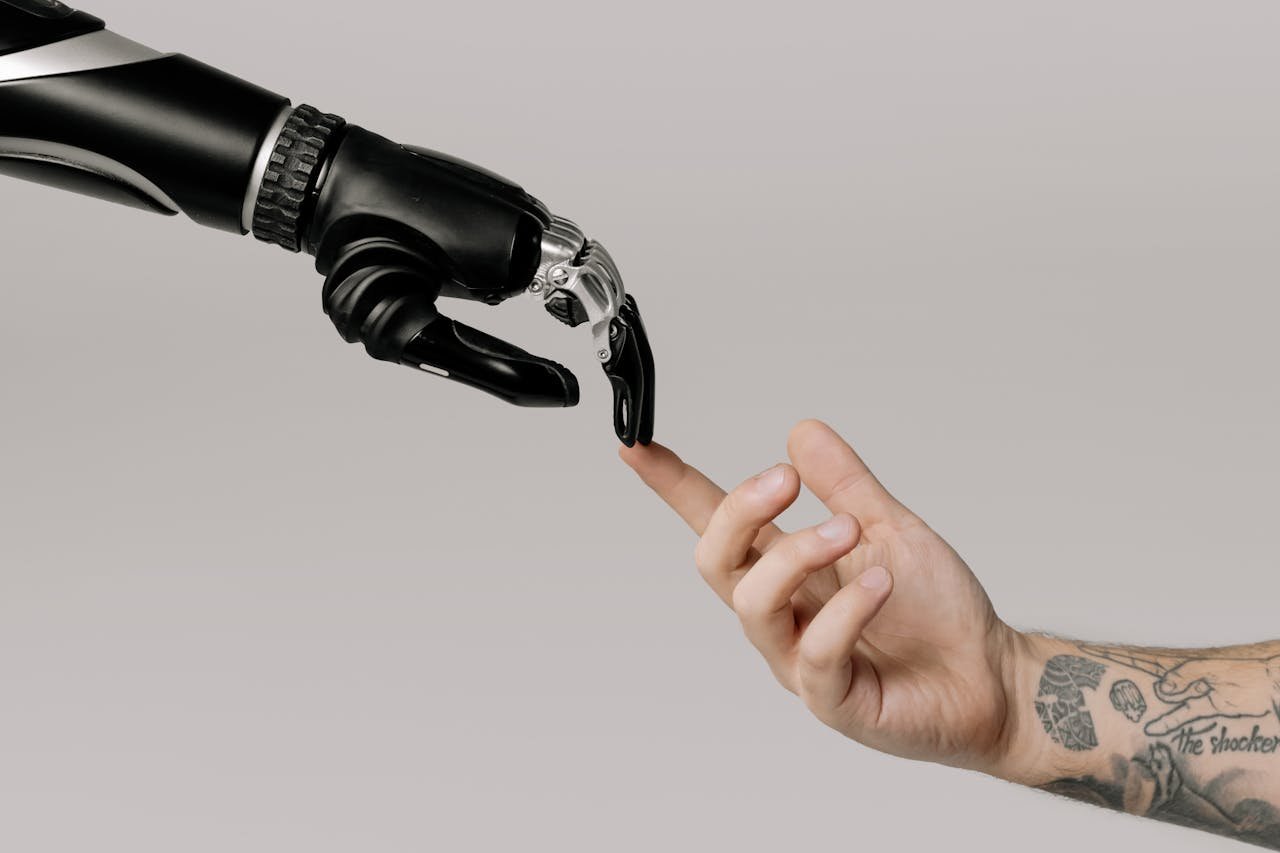Estimated Blog Reading Time: Approximately 5-7 minutes
Written by Anuj Bishnoi
The Battle Against Bureaucracy. Dr. Arjun fights a daily war in his clinic in rural India. His enemy? Inefficiency. His weapon? A stethoscope and a stack of patient forms. Every minute spent on paperwork steals precious time from the overwhelming number of patients needing his care.
AI & ML: Allies in the Fight. India’s healthcare system faces unique challenges – limited resources, vast patient populations, and a chronic shortage of doctors, especially in underserved areas. Doctors like Dr. Arjun spend countless hours on administrative tasks, leaving less time for patient care. A 2023 study published in the Indian Journal of Medical Research found that Indian doctors spend, on average, close to 3 hours on administrative tasks for every hour of direct patient interaction.
Advanced AI and Machine Learning (ML) tools could change this. Imagine an AI assistant that understands regional dialects, transcribes consultations, and seamlessly extracts crucial information into electronic health records. ML algorithms could mine patient data to predict disease risks and potential complications before they become acute.
Precision Medicine – Personalized for India. In a country with diverse populations, personalized medicine is essential. AI can analyze large datasets of Indian health records to uncover population-specific patterns. This data, combined with a patient’s genetic makeup, medical history, and the latest research, could enable ML models to suggest tailored treatment plans. This approach is even more important in areas where rare or previously undocumented conditions might exist due to genetic variations. A 2021 study in the Journal of Clinical Oncology demonstrated that an AI-based tool could help personalize cancer treatment for Indian patients, significantly improving outcomes (2).
Beyond Diagnosis – AI as India’s Healthcare Guardian. AI and ML extend their power beyond the doctor’s office. Imagine AI-guided medical devices that make complex procedures less invasive and available even in remote settings. Smart wearables using ML algorithms could offer continuous remote monitoring for chronic conditions, flagging changes in vital signs and allowing for timely interventions. This is vital in regions with limited healthcare access.
Challenges & Collaboration. This AI-powered revolution in healthcare requires addressing hurdles like infrastructural limitations, data privacy concerns, and a need for greater collaboration between medical professionals and AI experts. Keep in mind, a powerful AI system is still a tool – the compassionate and skilled doctor remains irreplaceable.
The Future with AI by Dr. Arjun’s Side. Envision Dr. Arjun once more. His workload remains heavy, but its focus has shifted. The battle against paperwork has eased, allowing him to battle disease armed with data-driven insights. Fueled by AI, he offers personalized care, informed by the unique needs of India’s diverse population. This is the future we are working towards—a synergy of human expertise and technological innovation to redefine healthcare in India.
Stay tuned to this blog from the team at HealthFicial to learn more about the incredible ways advanced AI and machine learning are shaping the healthcare landscape in India.
Help shape the future! Take part in our ‘Digital Assistant Tools for Doctors’ survey here and share your insights on how AI can best support your work.
Citations
- Kumar, S., & Tripathi, S. (2023). Time-motion study of doctors to assess the non-clinical workload in a public health facility in India. Indian Journal of Medical Research.
- Badwelan, A., & Rajeshweri, R. (2021) Artificial Intelligence (AI) in Precision Oncology for India. Journal of Clinical Oncology.
- Remote healthcare in India using AI and other technologies. (2023). McKinsey & Company. https://www.mckinsey.com/industries/healthcare/our-insights/transforming-healthcare-with-ai
